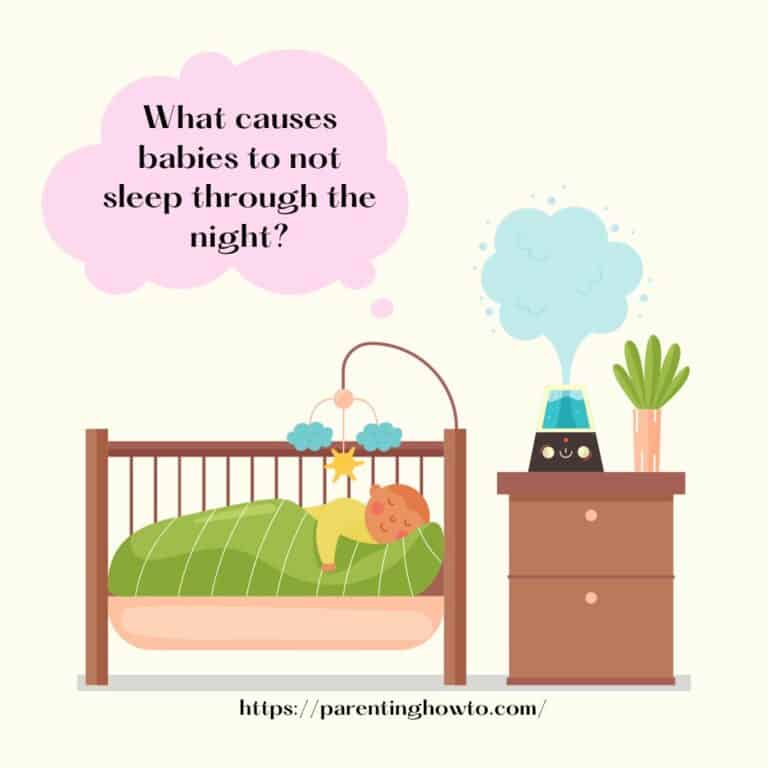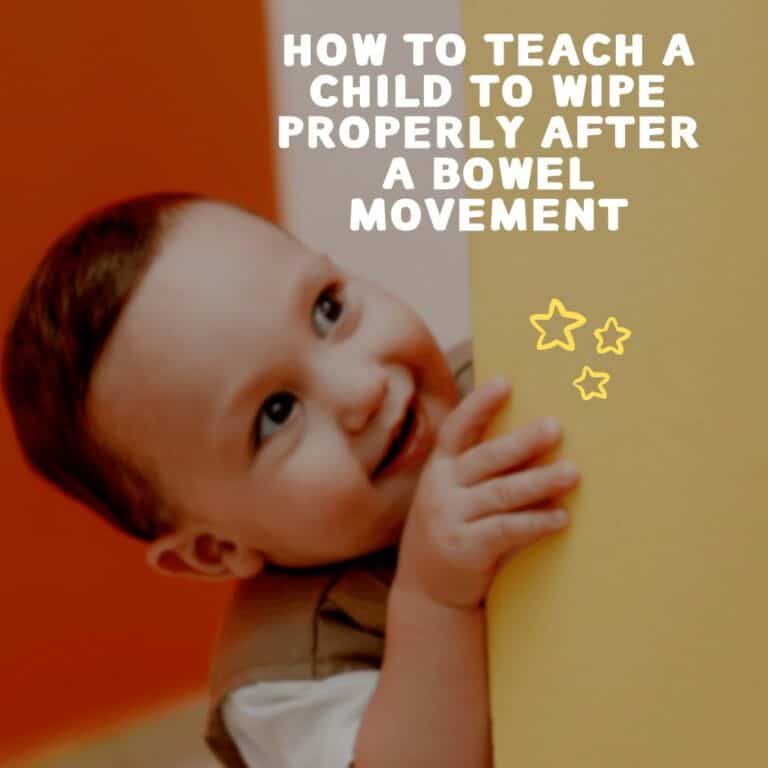If you’re like most parents, you’ve probably been wondering when it is safe to let your toddler start eating popcorn. After all, popcorn can be a great snack for kids – it’s delicious, low in sugar and fat, and full of fiber. In this blog post, we’ll discuss when your toddler can start enjoying popcorn as part of their diet.
Introducing Popcorn to your Toddler
Introducing popcorn to your toddler can be a fun and healthy snack for them to enjoy. It is important to keep in mind, however, that popcorn should not be given to children under the age of 4 due to the risk of choking and aspiration. At the age of 4, kids have generally developed enough chewing and swallowing skills that they can safely eat popcorn.
When introducing popcorn for the first time, it is best prepared with no added salt or butter. This helps prevent any potential digestive issues from occurring. The type of popcorn you give your toddler should also be air-popped or popped with a little oil rather than prepackaged microwave bags which can contain high levels of sugar, fat, and salt.
Popcorn is a great source of fiber and has many health benefits such as helping digestion, reducing cholesterol levels, and providing essential vitamins and minerals like magnesium, zinc, iron phosphorous, manganese and thiamin (vitamin B1).
If your child loves popcorn but you’re worried about their weight gain due to its high carbohydrate content then try adding some nuts or seeds on top as this will add more protein while still keeping it tasty! As always make sure that whatever snacks you give your toddler are eaten in moderation in order to maintain a balanced diet.
The Benefits of Eating Popcorn
Popcorn is a great snack for kids and adults alike. It’s full of fiber and antioxidants, making it a nutritious yet delicious option. Popcorn is low in calories and fat, contains vitamins and minerals, and can even be a source of protein. Eating popcorn can also help to reduce your risk of certain diseases. Here are some of the benefits of eating popcorn:
1. High in Fiber: Popcorn is high in fiber, which helps to keep you feeling fuller longer while providing essential health benefits like improved digestion and better heart health.
2. Low in Calories: A single cup of popcorn has only around 70-90 calories, making it an ideal snack for those watching their weight or trying to maintain a healthy diet.
3. Contains Vitamins and Minerals: Popcorn contains important vitamins and minerals like vitamin C, magnesium, zinc, phosphorus, folate, iron, manganese, selenium and more!
4. Source of Protein: Depending on the type you choose (like air-popped or air-popped with oil), popcorn can be a surprisingly good source of protein – up to 4 grams per serving!
5. Reduced Risk Of Certain Diseases: Studies have found that regular consumption of popcorn may reduce the risk for certain diseases like diabetes, stroke and coronary artery disease due to its high levels of antioxidants called polyphenols which help fight off free radicals that cause cell damage that leads to these diseases.
When is the Right Time to Introduce Popcorn?

Popcorn is a popular snack that many adults and children enjoy. But when is the right time to introduce popcorn to your toddler? The American Academy of Pediatrics recommends waiting until age 4 before giving your child popcorn.
This is due to the risk of choking and aspiration, which can occur if young children don’t thoroughly chew the popcorn. At age 4, kids have usually developed mature enough chewing skills to handle the hard pieces of popcorn.
So, if you are looking for a fun snack for your toddler, wait until they are over 4 years old before introducing them to popcorn!
How to Prepare Healthy Popcorn for Your Toddler

Popcorn is a great snack for kids, but it can be a choking hazard for toddlers. The American Academy of Pediatrics recommends that children under four years old should not eat popcorn.
If your toddler is over this age and you want to give them popcorn, there are some easy steps you can take to ensure they have a healthy and safe snack.
First, pop the popcorn in the microwave rather than oil. This will reduce the fat content and make it easier for your toddler to chew.
Second, avoid adding any toppings like butter or salt to the popcorn as this can increase their sodium intake which is not advised in young children.
Third, cut the popcorn into small pieces so that it’s easier for them to chew and swallow without any risk of choking. Finally, make sure your child is sitting down and supervised while eating so you can be sure they are safe.
By following these simple steps you’ll be able to prepare healthy popcorn for your toddler that they will enjoy without any risk of choking or other health concerns!
Unhealthy Ingredients and Alternatives
Popcorn is a tasty, crunchy snack that many people enjoy. However, it can be dangerous for young children and toddlers. It is important to be aware of the unhealthy ingredients and alternatives when feeding popcorn to your child.
Unhealthy Ingredients: Popcorn should not be given to children under four years old as it is a dry food that can be hard to chew and has a higher choking risk. Also, avoid adding any salt, sugar, or butter to the popcorn as these ingredients can be unhealthy for kids and make the popcorn difficult to swallow.
Alternatives: If you are looking for an alternative snack option for your child, try popping your own popcorn in the microwave without any added salt, sugar, or butter. Kids also love other healthy snacks such as fruits and vegetables with nut butters or yogurt dip.
It’s important to remember that toddlers tend to shovel food in their mouths quickly and move around a lot when eating so they can be prone to choking incidents. Therefore, it’s best not to give them popcorn until they reach four or five years of age when they have better chewing skills and are able develop better eating habits.
What To Expect When Your Toddler Eats Popcorn for the First Time

Popcorn can be a delicious and fun snack for your toddler, but it’s important to follow safety guidelines when introducing it. The American Academy of Pediatrics recommends that children not consume popcorn until they are at least four years old because it can be a choking hazard. If your child is over 4, here’s what you need to expect when they eat popcorn for the first time:
1. Introduce popcorn in small pieces: Start with tiny pieces of popcorn and gradually increase the size as they become more comfortable eating it.
2. Monitor their chewing: Make sure your toddler chews their popcorn thoroughly before swallowing to avoid any choking hazards.
3. Be prepared for coughing fits and drooling: As with any new food, you may experience some coughing fits or drooling as your child becomes accustomed to the texture of the snack.
4. Expect some whining or refusal: It can take a few tries before toddlers get used to the taste and texture of popcorn, so don’t be surprised if there is some whining or refusal during those early days!
5. Make sure they stay hydrated: After eating popcorn, make sure your toddler drinks enough water or other fluids in order to prevent choking or discomfort from dryness in their throat or mouth while eating the snack.
Following these simple tips will help ensure that your toddler has a safe and enjoyable experience with this fun snack!
Tips for Making Sure your Toddler Enjoys Eating Popcorn

Popcorn is a tasty and nutritious snack for toddlers, but it also carries a risk of choking. To make sure that your toddler can enjoy popcorn safely and without any risk, here are some tips to follow:
• Start giving your child popcorn when they are at least four years old. This is the age when they will have developed enough to be able to chew and break down the popcorn properly.
• Make sure to give them pre-popped or air-popped popcorn that has no added salt or sugar. Too much salt can be harmful for toddlers, so look for low-sodium varieties.
• Cut the popped kernels into smaller pieces if necessary, as this will make it easier for them to eat.
• Monitor your child while they’re eating popcorn and don’t give them too much at once. Keep track of how many kernels they’ve eaten in case any get stuck in their throat or cause choking.
• If you have any concerns about allergies, talk with your pediatrician first before introducing popcorn into your child’s diet
Is There a Risk of Choking on Popcorn?
Popcorn is a delicious snack, but it also carries a choking risk for both young children and toddlers. Popcorn kernels can easily get stuck in the throat, blocking the airways and making it difficult to breathe.
It is also an aspiration risk, meaning that bits of popcorn can become lodged in the lungs and cause infections.
For this reason, it’s best to wait until a child is at least 4 years old before giving them popcorn. Additionally, when feeding popcorn to kids make sure they are sitting down and paying attention while eating it.
Other high choking hazard foods such as nuts, raw carrots and other hard fruits should be avoided as well. With proper supervision and safety precautions, children can enjoy popcorn without risking their health or safety.
Serving Suggestions for Toddlers
Popcorn is a delicious snack that many parents offer to their toddlers, but before feeding your toddler popcorn, it’s important to understand the risks and safety precautions that come with it. The American Academy of Pediatrics recommends that children not have popcorn until they are at least four years old due to the potential choking hazard.
If your baby or toddler is younger than two, they should not be eating any food containing popcorn kernels. Experts recommend waiting until kids are four years old before giving them popcorn. This age range gives them enough time for their teeth and jaw muscles to develop enough for safe chewing of hard kernel pieces.
Popcorn can be a fun treat for older kids but make sure you serve it in small amounts and remove any unpopped kernels from the mix. You should also avoid adding sugar or other toppings as these can be dangerous choking hazards as well. Serve the popcorn with a glass of water or another beverage to help reduce any potential choking risk while they eat it.
Remember that safety comes first when serving snacks to toddlers; always supervise them while eating and watch out for any signs of choking or difficulty swallowing. If your child shows signs of discomfort, stop them from eating immediately and seek medical attention if needed.
Other Snacks That Are Similar to Popcorn
If your toddler is asking for a snack similar to popcorn, there are plenty of alternative options that are just as delicious and much safer.
Peanut puffs, snap pea crisps, softer crackers, and puffed rice or corn are all great crunchy snacks that you can offer your little one. For a savory treat, try keto crackers made with nuts, seeds, and/or vegetables.
Alternatively, offer your child veggie and fruit-based snacks like carrot sticks and apple slices. Marshmallows also make for a tasty sweet treat that toddlers can enjoy safely.
Whatever snack you choose for your toddler though, be sure to avoid popcorn until they’re at least 4 years old as it can pose a choking hazard to young children.
Summary and Conclusion
Popcorn is a delicious snack for kids and adults alike, but it can be a choking hazard for young children. The American Academy of Pediatrics recommends that parents avoid giving popcorn to children under four years old.
For babies and toddlers, the risk of choking is simply too great. Experiments with popcorn are fun ways to test scientific theories while enjoying a tasty snack.
However, a 2-year-old boy’s recent brief choking incident with popcorn serves as an important reminder of the potential risks associated with giving young kids this food. Parents should take extra care when introducing any new food to their children and wait until they are at least four years old before giving them popcorn.
Altruistic love is an important part of parenting, so we should always keep our child’s safety in mind when making decisions about what food they can eat.



